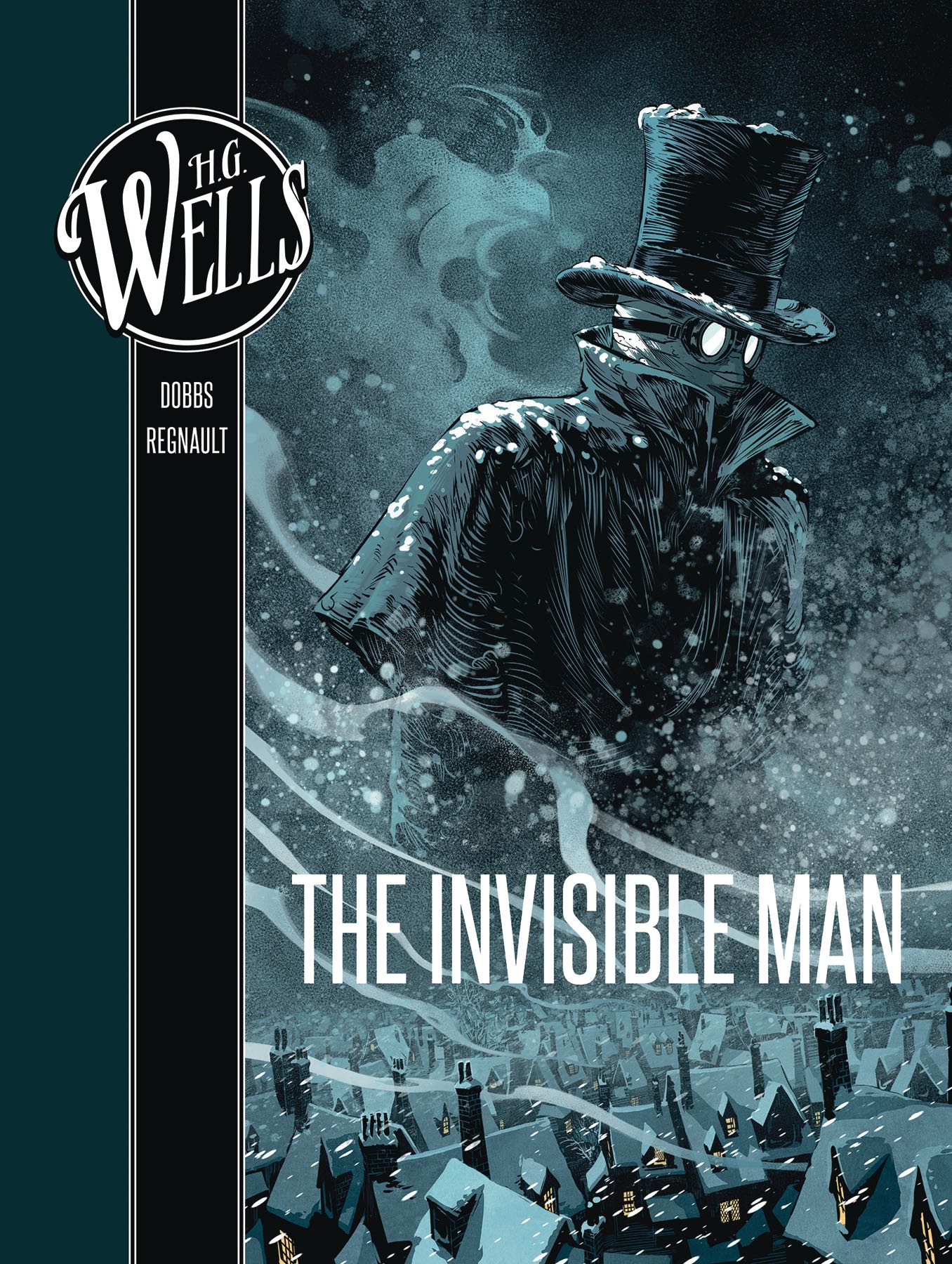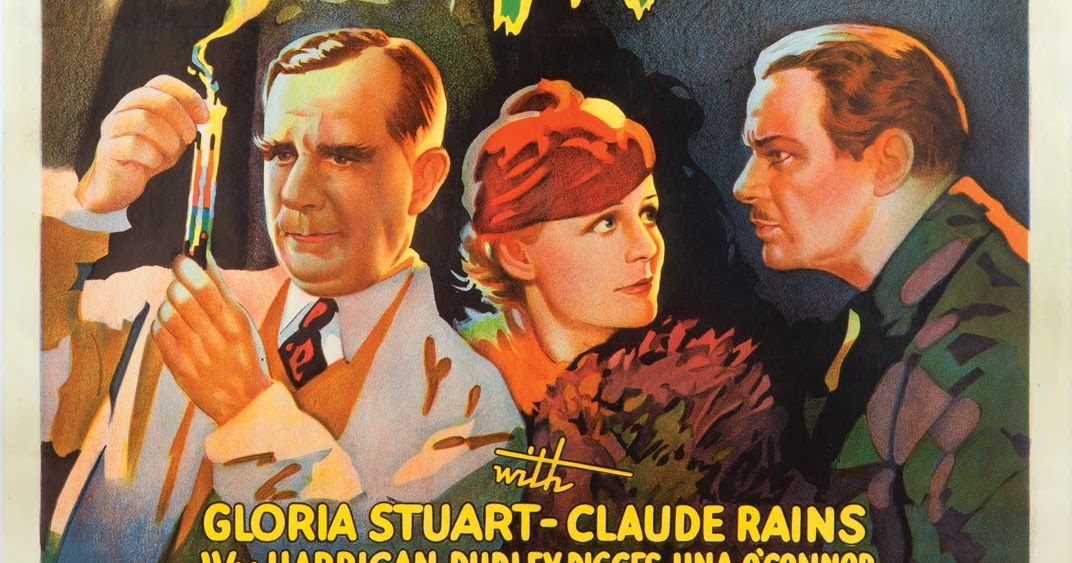
In the opening moments of the doc, Kubrick himself explains his deep love for camera technology -he describes the “sensual, tactile” material pleasures of the medium, and how his knowledge of photography enabled him to essentially make films on his own from the get-go. Leon Vitali, Longtime Stanley Kubrick Collaborator, Dead at 74 The myth of Kubrick is almost as alluring as his cinematic body of work, but for those who remain curious, “ The Invisible Man,” a 51-minute documentary from 1996, has recently resurfaced to tell us more about the director. His doubt in humanity’s essential goodness (“ A Clockwork Orange”), his creative pursuits and subsequent bouts of obsession (“ The Shining”), and his penetrating curiosity about life beyond our immediate physical grasp (“ 2001: A Space Odyssey”) are just a few of the recurring motifs. This claim is unfair and untrue for a number of reasons, chief being that his personality found a way into virtually all of his films. Yet, in spite of his undeniable technical prowess, he has sometimes been accused of being a cold director, of viewing humanity from a God-sized distance. A notorious recluse, perfectionist, and (some say) film-set dictator, he demanded nothing but the best out of everyone he worked with. What you may not know is that Kubrick’s life was just as fascinating as the films he made.



You know he’s inarguably one of the most important filmmakers in the history of the medium, and you probably know that his attention to detail, sense of composition, and meticulous fixation over every aspect of his productions is virtually unmatched by any director, living or dead. If you’re reading this website, you know Stanley Kubrick.


 0 kommentar(er)
0 kommentar(er)
